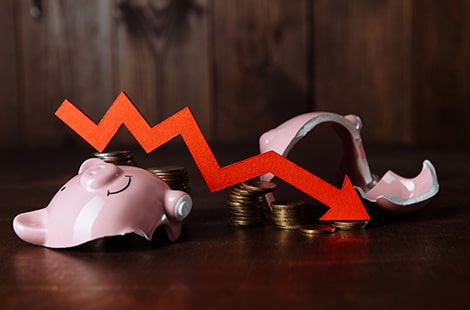Authenticity is paramount. Authentic brands build trust, loyalty, and recognition among consumers. However, there’s a shadowy adversary that threatens the very essence of authenticity – counterfeits. Counterfeit products not only harm the genuine brand’s reputation but also pose significant risks to consumer safety.
The pervasive problem of Counterfeiting
Counterfeiting isn’t new, but its scope and sophistication have grown exponentially in the digital age. Counterfeiters are no longer limited to producing fake luxury handbags or watches; they now infiltrate every industry imaginable, from pharmaceuticals to electronics to fashion and beyond.
Eroding Brand Trust
One of the most significant impacts of counterfeiting is the erosion of brand trust. When consumers unknowingly purchase counterfeit products, they experience disappointment, dissatisfaction, and mistrust. This negative experience often extends to the authentic brand, as consumers associate their encounters with the genuine company.
Financial Losses
Counterfeiting results in substantial financial losses for authentic brands. It’s estimated that counterfeit goods cost legitimate businesses hundreds of billions of dollars annually. These losses stem from decreased sales, rising legal expenses, and heightened brand protection needs.
Quality and Safety Concerns
Counterfeit products are often of inferior quality and can pose serious safety risks. Whether it’s counterfeit pharmaceuticals with incorrect ingredients or fake electronics prone to overheating and fires, consumers are at risk when they unknowingly purchase counterfeit items. Such incidents can lead to lawsuits, recalls, and long-term damage to a brand’s reputation.
Undermining Innovation
Counterfeiters don’t invest in research and development or adhere to quality control standards. As a result, they offer counterfeit products at lower prices, undercutting the market and undermining innovation in the authentic brand’s industry. This stifles creativity and slows progress.
The critical role of Brand Protection
In the battle against counterfeiting, brand protection is the authentic brand’s strongest defense. Here’s how it plays a vital role:
Detection and Monitoring
Brand protection utilizes cutting-edge technologies like invisible signatures to detect and monitor brand misuse in the market. This proactive approach identifies counterfeit products and stops them from reaching consumers.
Legal Actions
Brand protection teams work closely with legal authorities to take legal action against counterfeiters. This includes cease-and-desist orders, lawsuits, and criminal charges when appropriate.
Consumer Education
Authentic brands can also play a role in educating consumers about the risks of counterfeit products. This helps consumers make informed choices, fostering brand loyalty.
Counterfeiting poses a significant threat to authentic brands, affecting their reputation, financial stability, and consumer safety. However, with vigilant brand protection efforts, including technology-driven solutions such as invisible signatures and legal actions, authentic brands can fight back against counterfeiters and preserve their authenticity, trust, and innovation in the marketplace. Companies like Ennoventure have emerged as leaders in the brand protection field, offering cutting-edge technology and expertise to assist authentic brands in their battle against counterfeiters. Ultimately, brand protection, bolstered by the likes of Ennoventure, is not just a defensive measure; it’s a critical component of an authentic brand’s long-term success and sustainability.



